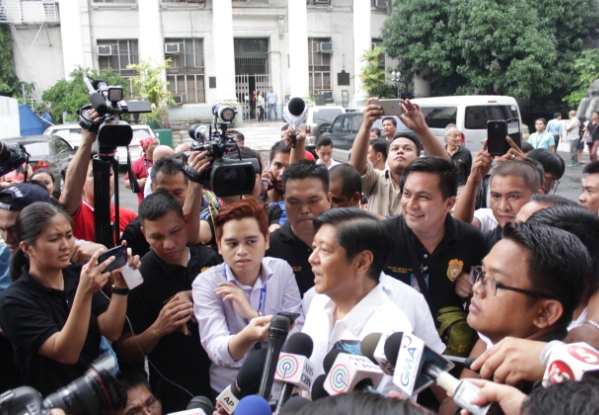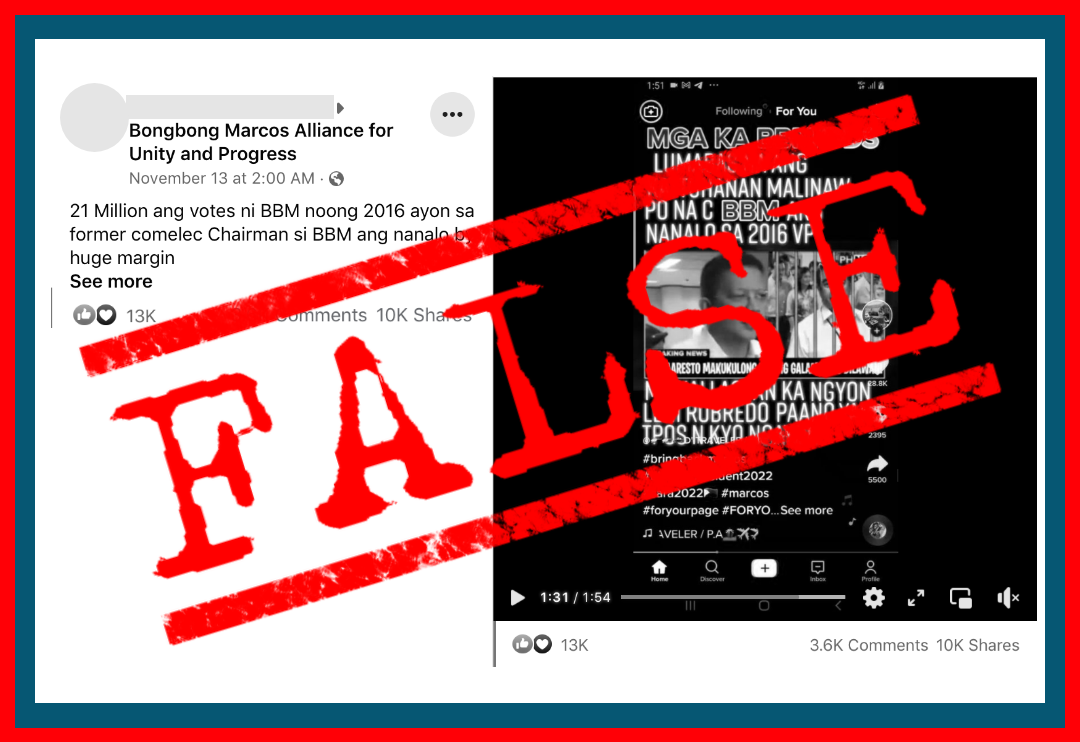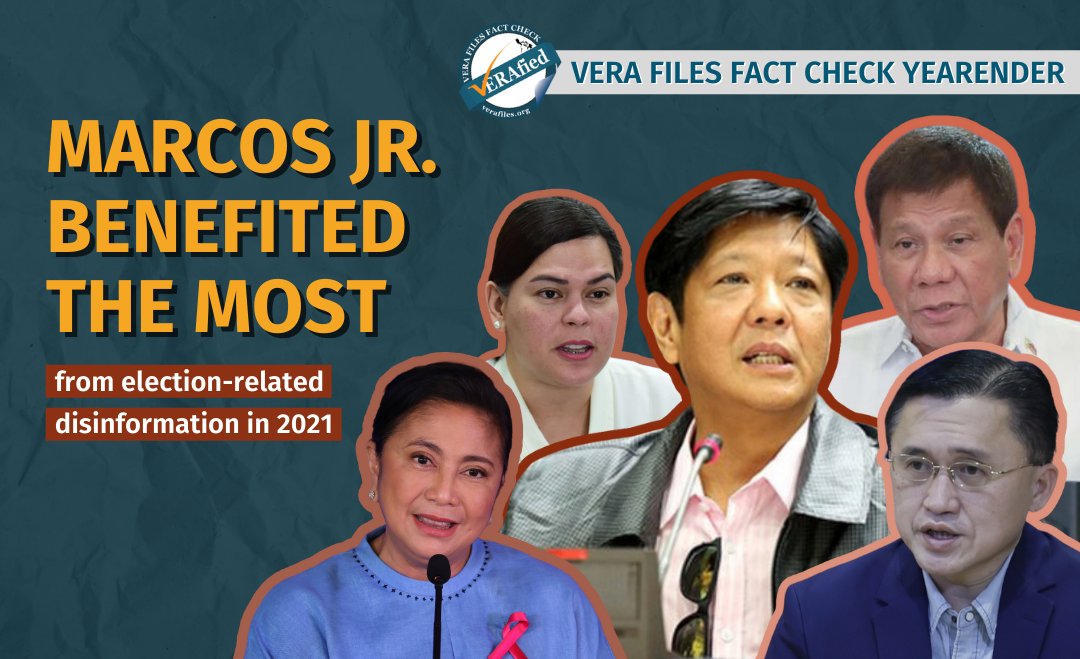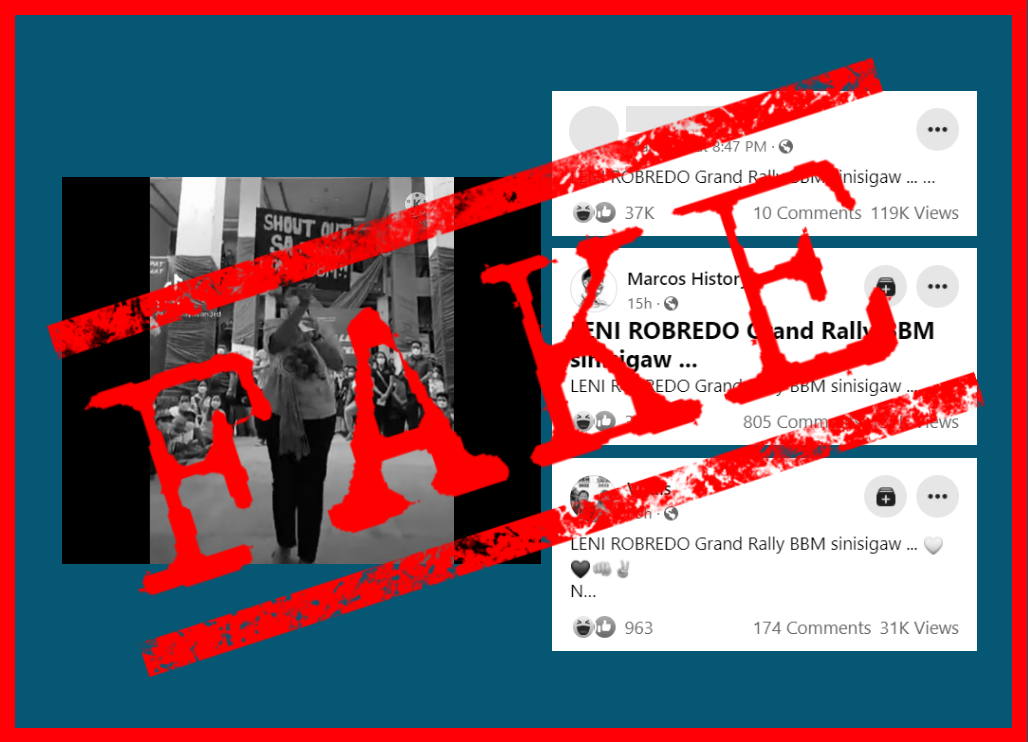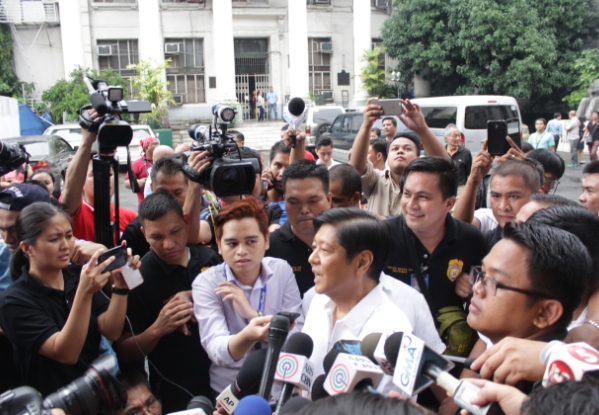
Text and photos by BRYAN EZRA GONZALES
VICE President Leni Robredo has just assumed office and already an expert is saying she will have a tough term ahead with an election controversy hounding her.
University of the Philippines Manila Political Science program head Professor Cleve Arguelles said it may take years before the electoral protest of Ferdinand “Bongbong” Marcos Jr. could be concluded.
He said Robredo will have a difficult time as the country’s second highest official if she does not survive this controversy.
Arguelles added it does not help that President Rodrigo Duterte is friends with the Marcoses.
“Parang siyang namamangka mag-isa (It’s as if she’s alone in her boatride),” he said.
Professor Jan Robert Go of the University of the Philippines Diliman Political Science also said
the electoral protest may work for or against Robredo, depending on when the decision will be handed down.
If the decision comes out early, he said Marcos could serve as the vice president in the remaining three years.
“[Then] it could be the end of Robredo’s political career,” Go said.
Marcos said he is confident the election protest will undergo a speedy deliberation, saying his case is backed by heaps of evidence unparalleled by any previous election protest.
“Napaka-blatant talaga ng gawa na pandaraya sa nakaraang halalan [para] sa bise presidente (Cheating in the recent vice presidential race was blatant),” Marcos said in a press conference.
In his 1,000 page petition before the Supreme Court, which is acting as the Presidential Electoral Tribunal (PET), Marcos wants a recount in 22 provinces and five cities, areas where alleged anomalies took place.
These include vote-rich areas like Batangas, Pangasinan, and Cebu. There are also areas in the south like Zamboanga del Norte, Zamboanga del Sur and Zamboanga Sibugay.
The protest is divided into three parts: the first part assails the integrity of the automated elections; the second part calls on the tribunal to look into several cases of election fraud and irregularities in the recent poll; while the third part questions the introduction of a new hash code and a fourth queue server during election day.
The entire complaint is 20,000 pages long, including affidavits and testimonies from election inspectors, teachers, canvassers and witnesses.
Lengthy and costly process
In a press statement, election lawyer Romulo Macalintal said it may take the PET more than three years to work on the protest.
The election lawyer said the recount to be conducted by 30 revision committees would already take more than two years to finish.
The examination of documents may take around six months to complete, while both the Marcos and Robredo camps will have three months to present their evidences.
“And how long the PET would decide said case, no one knows,” Macalintal said.
Arguelles said the former senator may come across the dilemma of former Senator Loren Legarda when she filed an election protest against then Vice President Manuel “Noli” de Castro in 2004.
Legarda’s battle for the vice presidency dragged for three years, entailing millions of pesos, until the PET terminated her protest in January 2008.
“I’m sure it will also take [Marcos] a similar length of time or more than that in this case,” he said.
Go said decisions for previous election protests filed at the tribunal came out late, almost halfway into the term and even more.
“We must give the court ample time to appreciate his pieces of evidence, especially because his pleading is long, including the annexes,” he said.
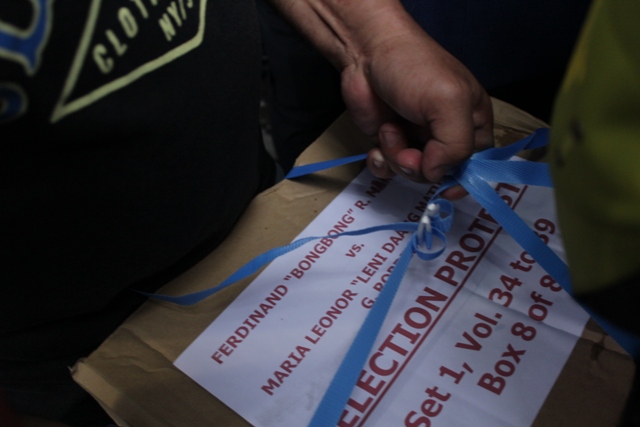
The protest is also costly.
In addition to the required filing fee of P100,000, the protestee must make a cash deposit of P500 per precinct if the complaint requires the opening of ballot boxes.
The tribunal may dismiss the protest should the protestee fail to pay the cash deposit within the time limit.
Lawyer George Garcia, head of Marcos’ legal team for the official canvassing of votes, said the camp is expected to spend around P30 million to P50 million for the reopening of ballot boxes and retabulation of votes.
For Macalintal, however, Marcos may have to shell out around P127 million to finance his protest. The amount includes cash deposits for more than 168,000 precincts in 27 areas, as well as the technical examination of thousands of documents.
The retrieval of ballot boxes and documents alone may cost up to around P84 million, he added.
Arguelles and Go said the manual recount would require the Marcos to pay for additional personnel to be tapped for retabulation. Lawyers will have to be hired to assist in the recounting and the transportation of ballot boxes from the provinces.
Bid for presidency
Should the expensive process result in a favorable ruling for Marcos, Arguelles said the former senator could use the election protest as a “powerful narrative” for the next presidential race.
“It’s an appealing story for most of us,” he said. “A Marcos that was cheated by the Liberal Party, the yellow camp.”
Go said this would be redeem the former senator and his family.
He added if the decision comes out on the crucial fourth or fifth year of the current administration’s term, Go said it could help generate sympathy votes and launch Marcos to the presidency.
“That could mean presidency on a silver platter, delivered to Bongbong Marcos,” he said.
(The author is a University of the Philippines student writing for VERA Files as part of his internship.)
